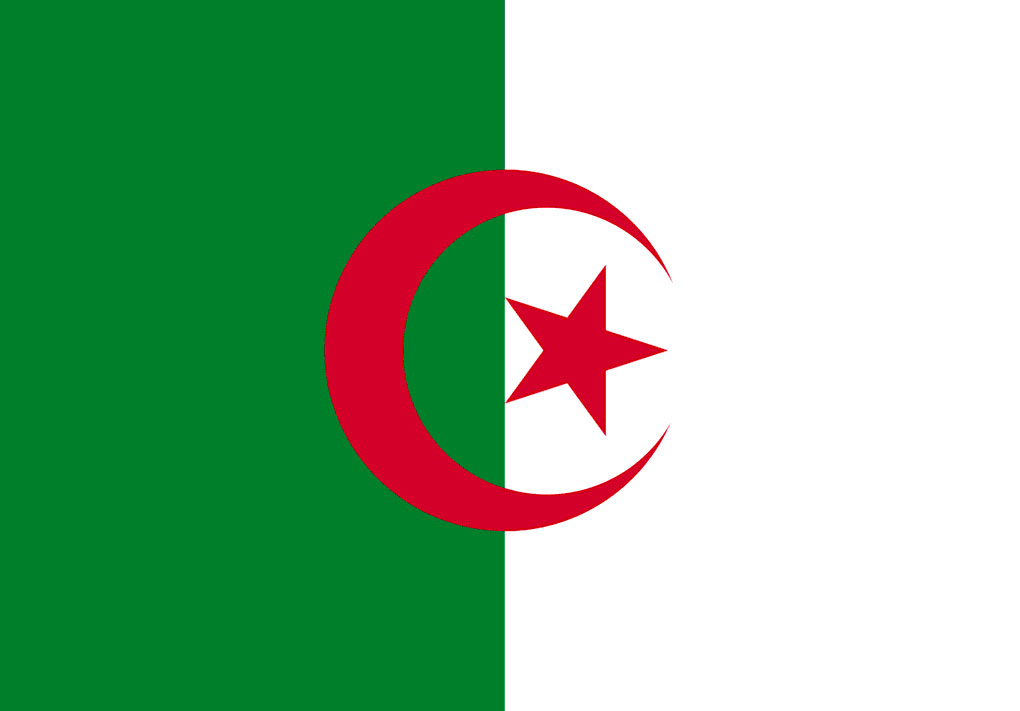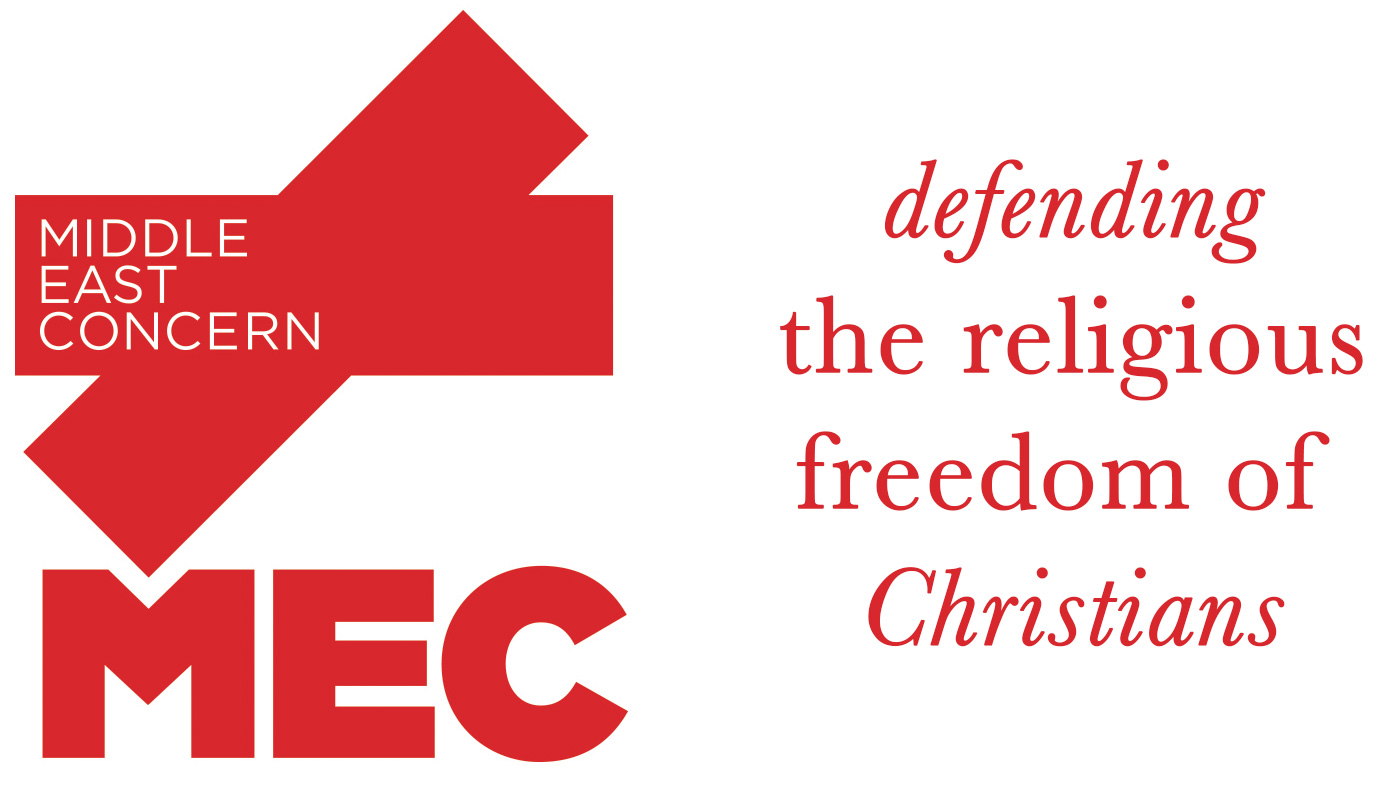
Algeria’s population is estimated at 43 million, of whom approximately 15% identify as Amazigh (Berber). The population is 98% Sunni Muslim. Estimates of the Christian population vary from 100,000 to more than 300,000, most within Catholic and Protestant traditions. The majority of Algerian Christians are in the Kabylie area.
The constitution of Algeria establishes Islam as the religion of the State and prohibits government institutions from undertaking practices contrary to Islamic morals. Theoretically, revisions to the constitution made in February 2016 further strengthened rights to individual freedoms by mentioning ‘freedom of religious worship’. However, these revisions have not been translated into laws guaranteeing these freedoms. Instead, restrictive laws on worship still apply. Rights of association for religious groups are closely regulated by the Ministry of the Interior, and non-Muslim worship is restricted to premises designated and approved for that purpose. The Roman Catholic church is officially recognised, as is the Protestant Church of Algeria (the EPA, a federation of churches, each of which is required also to apply for individual membership). Registration requirements have become more stringent since the EPA was first registered in the 1970s; for example, minimum representation requirements were introduced in 2012 whereby an association must be represented in 12 of Algeria’s states. Under applicable personal status laws, women registered as Muslim are not permitted to marry non-Muslims.
Algeria ratified the International Covenant on Civil and Political Rights (ICCPR) on 12 September 1989. The ICCPR upholds the right to freedom of religion, including the right to hold a religion of one’s choice and the right to manifest that religion (Article 18). It also upholds the rights of minorities and the principle of non-discrimination. Algeria’s ratification of the ICCPR was made without reservation.
Algerian Christians face challenges at various levels. Since 2006, any group wanting to use a building for non-Muslim worship must obtain permission from the National Commission for Non-Muslim Religious Groups. In practice, however, this Commission has failed to respond to any application. Despite many requests, therefore, no permission has ever been granted for buildings to be used as churches. Faced with this impasse, churches typically rent buildings and inform the local authorities of these arrangements. But they are frequently challenged to prove their compliance with the law (and sometimes too with building safety regulations, though churches fully compliant on safety grounds have still faced closure). Intensification of these pressures since November 2017 has led to a wave of church closure orders in the Kabylie region and the south of Algeria. Any Christian activities conducted outside places of worship approved for that purpose are subjected to sanctions, especially if those activities are construed as proselytism or blasphemy. There is strong family and societal pressure against those who choose to leave Islam. Some who are considered apostates are referred to Shari’a-based personal status courts, where they potentially face sanctions such as forcible divorce, removal of child custody, and deprivation of inheritance. Other forms of legal and social discrimination are common, and in extreme cases Algerian Christians can face violent responses from family members.
